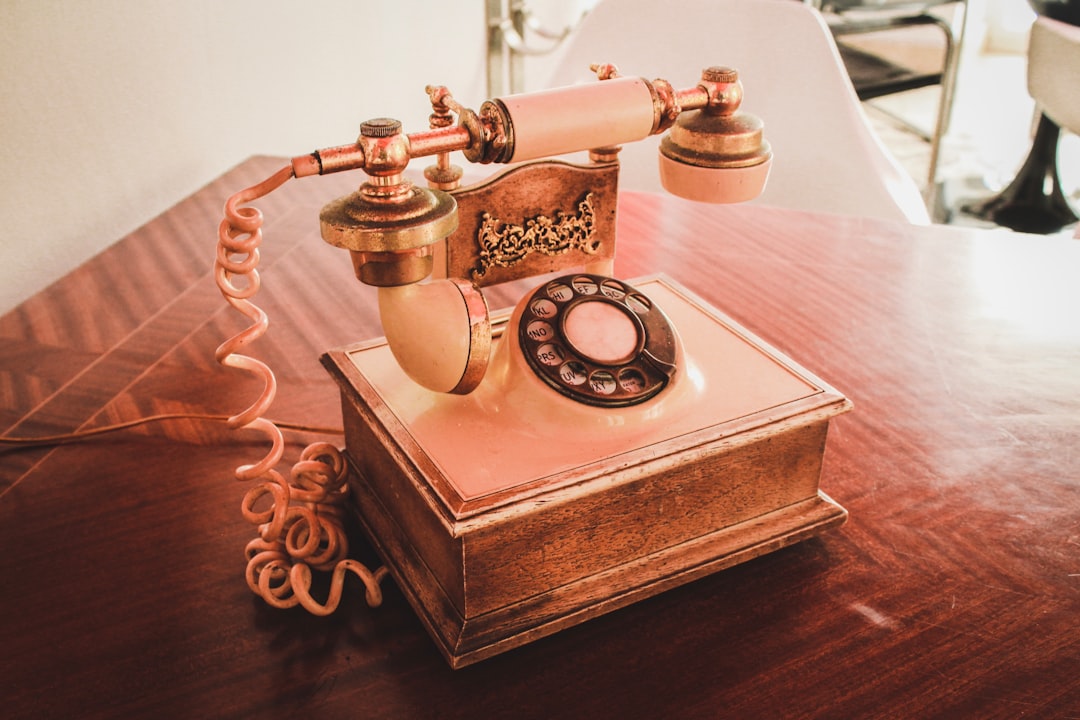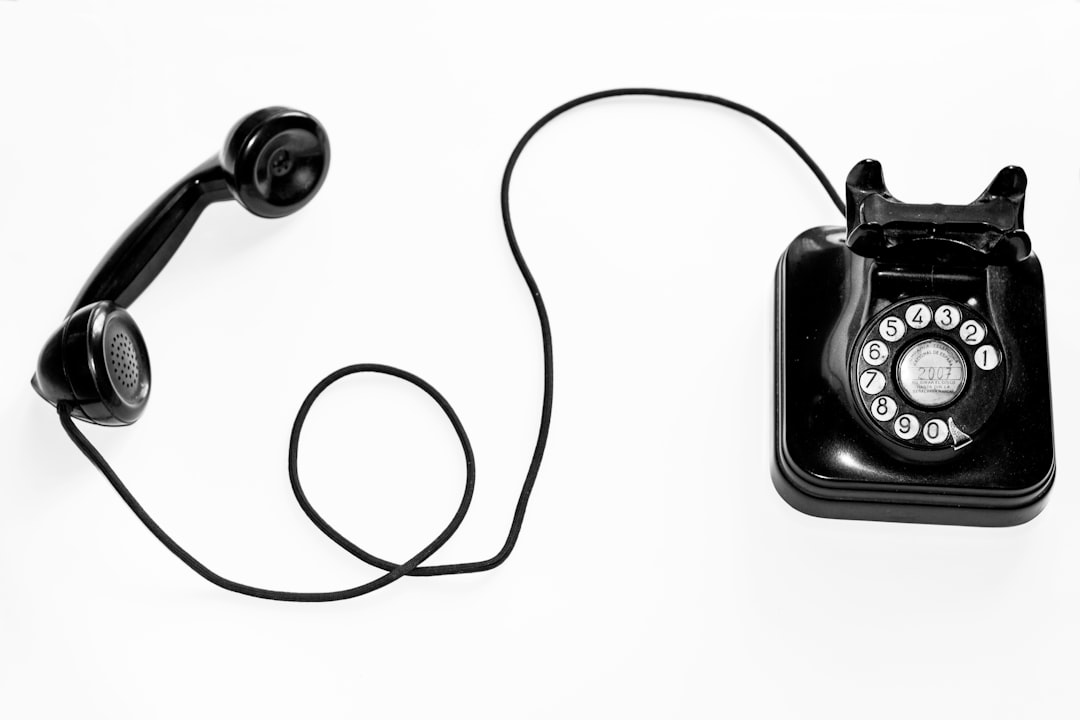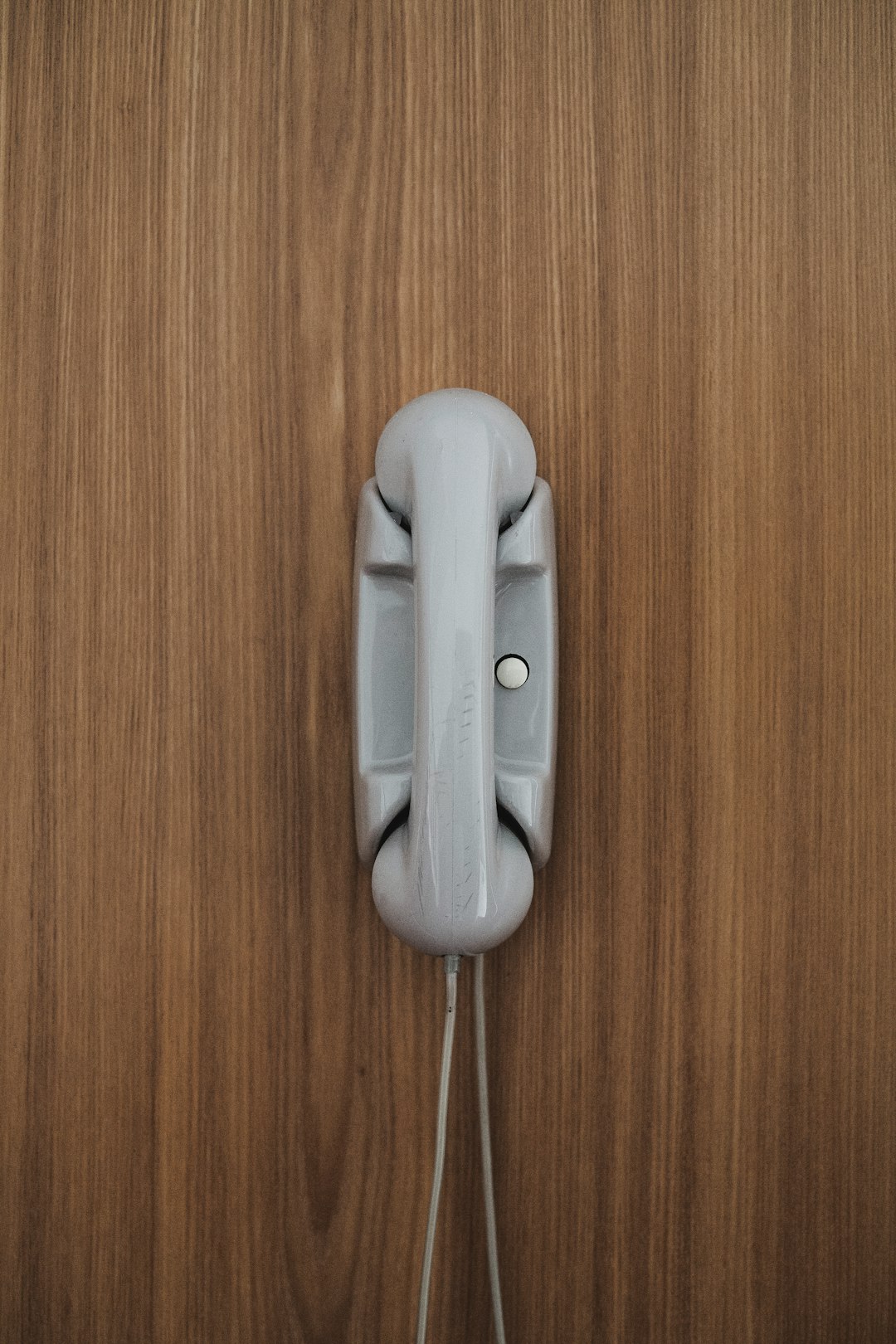Auto dialers, while powerful tools for law firms in Nebraska to automate outbound calls, are subject to strict regulations designed to protect consumers from unwanted solicitation. Firms must navigate guidelines regarding consent, call timing, and opt-out options to maintain compliance and respect privacy rights. Non-compliance carries severe penalties, with the Nebraska Public Service Commission (NSC) overseeing and enforcing these rules. Understanding associated fees and staying informed about responsibilities is crucial for businesses operating within this legal framework. Consumers have rights, including opt-out capabilities, and can seek legal recourse if their privacy is infringed upon by autodialer law firms in Nebraska. Best practices for firms include obtaining explicit consent, providing clear opt-in/unsubscribe options, using accurate scripts, avoiding aggressive tactics, and staying up-to-date with regulations to ensure fair and transparent communications.
In the digital age, autodialers have become a powerful tool for businesses and law firms in Nebraska. This article demystifies autodialer fees and regulations, offering a comprehensive guide for both users and consumers. We explore what an autodialer is and its operation, delve into Nebraska’s specific rules governing automated calling, break down common associated fees, and discuss legal implications and consumer rights. Additionally, we provide best practices for law firms utilizing autodialers to ensure compliance and effectiveness.
What is an Autodialer and How Does it Work?

An autodialer, also known as an automated dialing system, is a technology used by law firms and other businesses to automate the process of making outbound phone calls. It works by using software to dial telephone numbers en masse, often with pre-recorded messages or live agents who interact with callers. This method is designed to increase efficiency and reach a broader audience, especially for marketing campaigns or legal notifications.
In Nebraska, the use of autodialers is regulated to protect consumers from unsolicited calls and ensure fair business practices. The state’s laws outline specific guidelines, including requirements for obtaining consent before placing automated calls, restrictions on certain times and days of contact, and mandates for providing an opt-out option. Law firms employing autodialers must adhere to these regulations to maintain compliance and respect the privacy rights of their Nebraska-based clients or potential customers.
Nebraska's Regulations on Automated Calling

Nebraska has specific regulations in place regarding automated calling, also known as robocalling, to protect its residents from unwanted and intrusive telemarketing practices. The state’s law firm, the Nebraska Public Service Commission (NSC), oversees and enforces these rules to ensure compliance by autodialer services. According to the NSC, companies using automated dialing systems must obtain prior express consent from recipients before making non-emergency phone calls. This means that businesses cannot simply dial random numbers in an effort to generate sales or leads.
The autodialer law firm Nebraska residents should be aware of is that there are strict penalties for violations. Companies found to be making unauthorized automated calls can face significant fines, and consumers who experience such nuisance calls have the right to file complaints with the NSC. To avoid legal repercussions, businesses operating within Nebraska should carefully review and adhere to the state’s guidelines on automated calling, ensuring they have the necessary consent from individuals before initiating any robotic phone campaigns.
Common Fees Associated with Autodialers

In Nebraska, as with many states, there are specific regulations in place to oversee the use of autodialers, also known as automatic phone dialing systems (ADDS). These tools are commonly employed by law firms and businesses for marketing and communication purposes, but they come with associated fees and legal considerations. Understanding these is key for any organization operating within Nebraska’s legal framework.
The most prevalent fees linked to autodialer usage include setup costs, subscription fees, and per-call charges. Setup fees cover the initial configuration of the system, often a one-time expense. Subscription fees are recurring charges for the service, which may vary based on the number of calls made or contacts managed. Per-call charges are exactly as described—a fee for each automated phone call initiated, typically calculated per 100 calls or similar increment. Additionally, there might be fines and penalties for non-compliance with the state’s autodialer law firm Nebraska regulations, emphasizing the need for businesses to stay informed about their responsibilities.
Legal Implications and Consumer Rights in NE

In Nebraska, the use of autodialers for telemarketing or automated calls is regulated by state laws and industry guidelines designed to protect consumer privacy and rights. The Telemarketing Act of 1973, as amended, sets forth rules governing the conduct of telemarketers, including restrictions on automatic dialer usage. Consumer rights under this law include the ability to opt-out of receiving automated calls, with penalties for violators.
If a Nebraska resident believes their rights have been infringed upon by an autodialer law firm or any telemarketer, they have legal recourse. The state’s Attorney General’s Office offers resources and assistance in resolving such disputes, while also providing guidance on how to file complaints against non-compliant businesses. Understanding these regulations is crucial for both consumers and businesses operating within Nebraska’s jurisdiction to ensure compliance and avoid potential legal implications.
Best Practices for Law Firms Using Autodialers in Nebraska

Law firms utilizing autodialers in Nebraska should adhere to strict best practices to ensure compliance with state regulations and maintain client trust. First, obtain explicit consent from clients before initiating automated calls, respecting their privacy and right to opt-out. This can be achieved through clear opt-in mechanisms during initial contact or by providing a simple way for recipients to cancel subscriptions afterward.
Additionally, law firms must ensure autodialer scripts are accurate, non-misleading, and tailored to the target audience. Calls should provide valuable information or notice and avoid aggressive sales tactics. Regular monitoring and updates of the autodialer system are crucial to maintain compliance with Nebraska’s evolving regulations, ensuring fair practices that uphold the integrity of legal communications.






